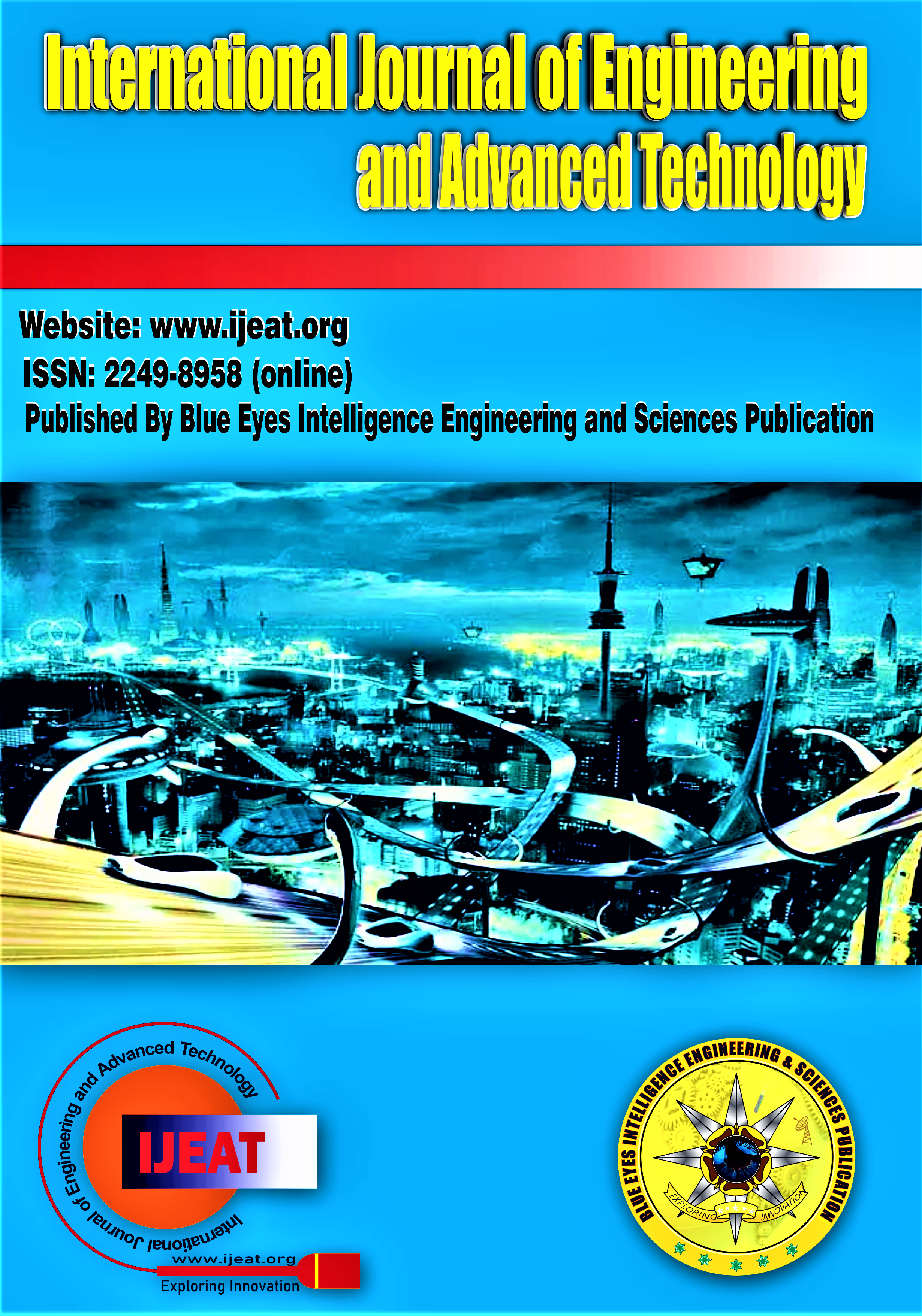Signature Encryption using Blockchain
Main Article Content
Abstract
A secure, non-corruptible, and distributed database technology working on the concept of hashing and decentralized networks. A blockchain is on peer-to-peer technologies, thus there is no chance of failure. So, when a transaction occurs between two nodes, it is stored in the form of a block using a cryptographic mechanism, which makes it extremely difficult for a third party to corrupt it. This cryptography mechanism is responsible for generating each hash based on the previous hash and recording it along with a nonce. Hence, this makes each transaction that resides in the block linked with the previous transaction. If any of the transactions are breached, all the other blocks on the network will immediately show the affected changes. The banking system in recent days is highly reliable on paper and outworn long processes. It is necessary to have an upgraded system integrated with consistent and trustworthy technology that could overcome fraud and security issues. Blockchain technology can give financial institutes the much-needed edge in technology. So, in this project, we are trying to secure the digital signature using SHA 256 encryption and perform a secure transaction over a decentralized banking network. We will be developing the based banking network so that all the sophisticated banks’s data is protected and does not reside over a central network. Instead, it gets stored in each node server of the distributed banking network
Downloads
Article Details
Section

This work is licensed under a Creative Commons Attribution-NonCommercial-NoDerivatives 4.0 International License.
How to Cite
References
Satoshi Nakamoto, First introduced blockchain in his paper, a peer-to-peer electronic cash system (2008). https://bitcoin.org/bitcoin.pdf
Ethereum Foundation: Systematic study of Ethereum blockchain vulnerabilities and security measures, emphasizing secure systems (2021). DOI: http://dx.doi.org/10.1109/ACCESS.2021.3140091
Juan Benet, The Interplanetary File System (IPFS) is a distributed file system that aims to revolutionize the way data is stored and shared on the internet (2014). https://en.wikipedia.org/wiki/InterPlanetary_File_System
J. Benet, IPFS – Content Addressed, Versioned, P2P File System (2014). DOI: https://doi.org/10.48550/arXiv.1407.3561
National Institute of Standards and Technology, The SHA-256 algorithm, part of the SHA-2 family of cryptographic hash functions, was developed by the NSA (2015). https://www.semanticscholar.org/reader/40ede9054b10ded75742f64ce738c2e5595b03bc
S. Noether, “Ring signature confidential transactions,” (2015). https://doi.org/10.5195/ledger.2016.34
IEEE: Merkle Tree: A fundamental component of blockchains, exploring its role in efficient data integrity and verification (2021). DOI: https://doi.org/10.1109/EIECS53707.2021.9588047
IEEE: BA-TLS: Blockchain Authentication for Transport Layer Security in Internet of Things, exploring the integration of blockchain technology into TLS for enhanced authentication in IoT devices (2021). DOI: http://dx.doi.org/10.1109/IOTSMS52051.2020.9340204.
Dhanalakshmi, S., & Babu, G. C. (2019). An Examination Of Big Data And Blockchain Technology. In International Journal of Innovative Technology and Exploring Engineering (Vol. 8, Issue 11, pp. 3118–3122). https://doi.org/10.35940/ijitee.k2497.0981119
Scalability Issues of Blockchain Technology. (2020). In International Journal of Engineering and Advanced Technology (Vol. 9, Issue 3, pp. 2385–2391). https://doi.org/10.35940/ijeat.c5305.029320
Goyal, Ms. P., & Deora, Dr. S. S. (2022). Reliability of Trust Management Systems in Cloud Computing. In Indian Journal of Cryptography and Network Security (Vol. 2, Issue 1, pp. 1–5). https://doi.org/10.54105/ijcns.c1417.051322
Suneetha SIGNATURE ENCRYPTION, CH., Surendra, T., & Neelima, CH. (2020). Implementation of Double Fold Text Encryption Based on Elliptic Curve Cryptography (ECC) with Digital Signature. In International Journal of Recent Technology and Engineering (IJRTE) (Vol. 8, Issue 5, pp. 3840–3846). https://doi.org/10.35940/ijrte.e6446.018520
Kuriakose, N., & Midhunchakkaravarthy, Dr. D. (2022). A Review on IoT Blockchain Technology. In Indian Journal of Data Communication and Networking (Vol. 3, Issue 1, pp. 1–5). https://doi.org/10.54105/ijdcn.f3719.123122





